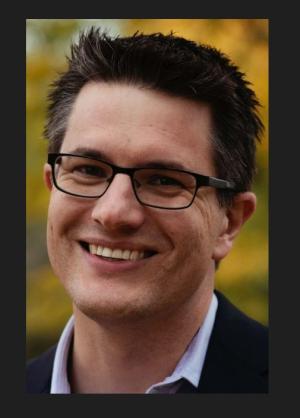After a reverse mortgage borrower in Superior, Colorado was forced out of his home by the Marshall Fire — which burned more than 6,000 acres and caused an estimated $513 million in damage — a state legislator plans to take a closer look at how the reverse mortgage occupancy requirement for Colorado residents is impacted by natural disasters.
Ed Sharp, an 80-year-old Superior resident, lost everything he owns in the fire, according to reporting by CBS News. Now Sharp is at risk of losing his property due to the reverse mortgage loan requirement that dictates a borrower must continue to live in the property as their primary residence.
After waiting for the insurance company to release claim funds for the purchase of a new manufactured home, Sharp and his family opted to source cash elsewhere. The home arrived on the property last week, over a year after the fire burned across Boulder County. However, Boulder County Treasurer Paul Weissmann alerted the family that Sharp’s reverse mortgage loan was in foreclosure — which Sharp’s daughter-in-law said was the only notification the family received. It is unclear which lender or servicer is involved in Sharp’s loan.

Federal regulations require mortgage providers to inform borrowers of an intent to foreclose. To ensure that borrowers are meeting the reverse mortgage occupancy requirement, the loan’s servicer will typically send an annual occupancy certificate by mail on or near the loan’s anniversary to help fulfill the requirement.
But due to the home being destroyed in the fire, Sharp’s ability to receive mail may have been impacted.
State Rep. Kyle Brown (D), who represents Colorado’s 12th district in the state assembly, has now vowed to introduce legislation to protect reverse mortgage borrowers impacted by natural disasters — which the legislature failed to do following a flood in Boulder County in 2013.
“Folks who have reverse mortgages should not be foreclosed upon in the event that a natural disaster makes their home or their property unlivable,” Brown told the local CBS affiliate in Boulder.
Brown plans to introduce legislation that would increase the time that someone with a reverse mortgage can be out of their home from one to five years. However, should the legislation be successful, it would not apply retroactively — and Sharp will have to seek other remedies to his foreclosure issues.
Colorado legislators attempted to address the issues related to reverse mortgages and natural disasters in 2017, but the bill failed to progress.
RMD reached out to Rep. Brown for comment but did not hear back prior to publishing. A representative of the National Reverse Mortgage Lenders Association (NRMLA) — which meets with state legislators across the country regarding bills relevant to the reverse mortgage industry — declined to comment.





